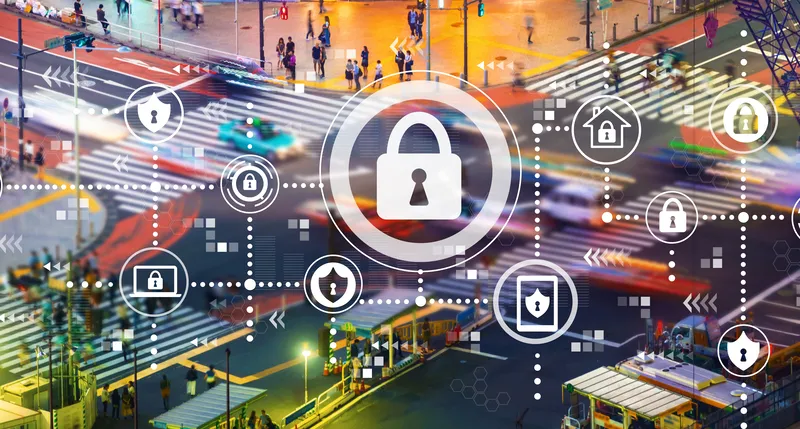Wi-Sun Alliance says a fifth of participants in its survey point to security and privacy issues while 14% see interoperability as a major factor for progressing deployments.
Wi-Sun – whose members include
Phil Beecher, CEO of Wi-Sun, says security and interoperability remain critical factors in any smart city deployment.
“As more IoT devices connect to the network, the opportunity for major disruption through security vulnerabilities is increasing all the time, while greater IT/OT [operational technology] convergence, especially in utilities, will increase the risk of attacks on critical infrastructure,” he adds.
When asked about specific security concerns, respondents point to data privacy as their biggest worry (37%), while attacks on critical infrastructure (28%) and network vulnerabilities (24%) are also a worry. A tenth of the participants cite insecure IoT devices.
Despite this, more than half of the 20,000 respondents expect to see widespread smart city deployments in 10 years or more, while a third predict five to 10 years. Just 15% expect it in less than five years.
Beecher emphasises that smart cities are already here as “smart lighting is being deployed using canopy mesh networks and is already helping to save operational costs through reduced energy consumption and better reliability”.
“These deployments can be used to improve public safety and for additional services such as intelligent transport systems, smart parking and electric vehicle charging stations,” he concludes.
Lack of funds holding back smart cities, says Wi-Sun
Lack of investment is the biggest challenge to smart city development, according to half the people who took part in a poll.
Wi-Sun Alliance says a fifth of participants in its survey point to security and privacy issues while 14% see interoperability as a major factor for progressing deployments.
Wi-Sun – whose members include Cisco and Toshiba - seeks to accelerate the implementation of open standards-based field area networks and the Internet of Things (IoT).
Phil Beecher, CEO of Wi-Sun, says
July 4, 2019
Read time: 2 mins
Lack of investment is the biggest challenge to smart city development, according to half the people who took part in a poll.









